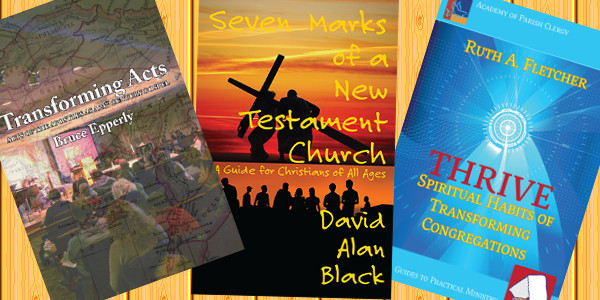Sunday School: History and Feasts

I’m going to be teaching my home Sunday School class for the next four weeks, and it happens that the topics are all from the Israelite feasts. Tomorrow I’ll be talking about Passover, the next week about the Feast of Weeks, then the Day of Atonement, and finally the Feast of Booths. I’m using the titles from our Sunday School curriculum. I will doubtless ignore the curriculum other than for setting the topics. I always do.
Though each feast has certain special elements of meaning, there are a number of things that I’d like to emphasize from these feasts in general.
- God acts in history. This is foundational to application of the scriptures in any way, I think. Whether this action is what we would describe as a supernatural intervention or a subtle presence is something to be discussed, but if God doesn’t act, we don’t have a subject.
- A feast or commemoration not only celebrates a point in time when we, as humans, have recognized God in action. It also magnifies that event and helps it resonate through the future. It becomes a lens through which we see the past, and a filter through which we understand our time. The Passover is not only a moment of salvation. It also explains what led up to it and drives what comes after it.
- A feast or commemoration is part of bringing ourselves in line with a saving event. Some of the “saving” that is to be accomplished through the event comes by bringing us in line. The wilderness experience of Israel shows the possibility of mentally and spiritually living in Egypt while physically traveling toward the land of the promise.
- God’s people extend not just through space in the present but through all time. I benefit by recognizing my place in this community that is not bound by time or space.
- God’s next action doesn’t negate his last one. We can commemorate receiving of the Torah, a return from exile, and even God’s presence with us in Jesus Christ without losing the value of the passover. The meaning of a commemoration or feast can be many-faceted.
- While we see new and different meaning, in that we have a different perspective, it’s good to move back to the event. Passover may look different to someone who also celebrates Easter, but also look at Passover for what it was for Israel and what it is for the Jewish people now.
- Feasts and celebrations have a history and setting. Without the story, the ritual loses power.
Exodus 12 is a very important chapter to read when thinking about celebrations, feasts, and commemorations in general. How do we remember these events and participate in them as a people, as the body of Christ in the world?
Ellen G. White was an important figure in the history of the Seventh-day Adventist Church in which I grew up. While I’m no longer SDA, I can still appreciate many of the things she said. Here’s an applicable quote:
We have nothing to fear for the future, except as we shall forget the way the Lord has led us, and His teaching in our past history.

